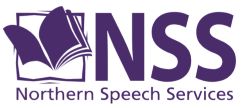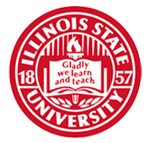Abstract
The purpose of this study was to investigate the effectiveness of spaced retrieval practice on graduate speech-language pathology (SLP) student’s long-term retention of cranial nerves. This is a quasi-experimental design study using a repeated measures and between group design where the control group was not randomly assigned. The accuracy and quality of cranial nerve knowledge was measured in graduate SLP students who did not practice spaced retrieval (control), and those who practiced spaced retrieval for three (EG1) or four (EG2) semesters. The quality and accuracy of cranial nerve knowledge improved significantly for both experimental groups compared to the control group. When controlling for accuracy from typical instruction, a significant difference in accurate recall did not occur for either experimental group until the third semester with continued significant improvement for EG2 in the fourth semester. The difference in the quality of recall between the first and last semester was significant for EG2 only. These results confirm that participating in spaced retrieval practice one time is inadequate for long-term retention. The findings reassure SLP educators that infusing spaced retrieval practice into content rich courses will have a positive impact on graduate SLP student’s retention.
Recommended Citation
Johnson, R. K.,
Michalek, A.,
&
Richels, C.
(2019).
Creating Head Space: Using Spaced Retrieval Practice to Teach Cranial Nerves to Graduate SLP Students.
Teaching and Learning in Communication Sciences & Disorders, 3(2).
DOI: https://doi.org/10.30707/TLCSD3.2Johnson





